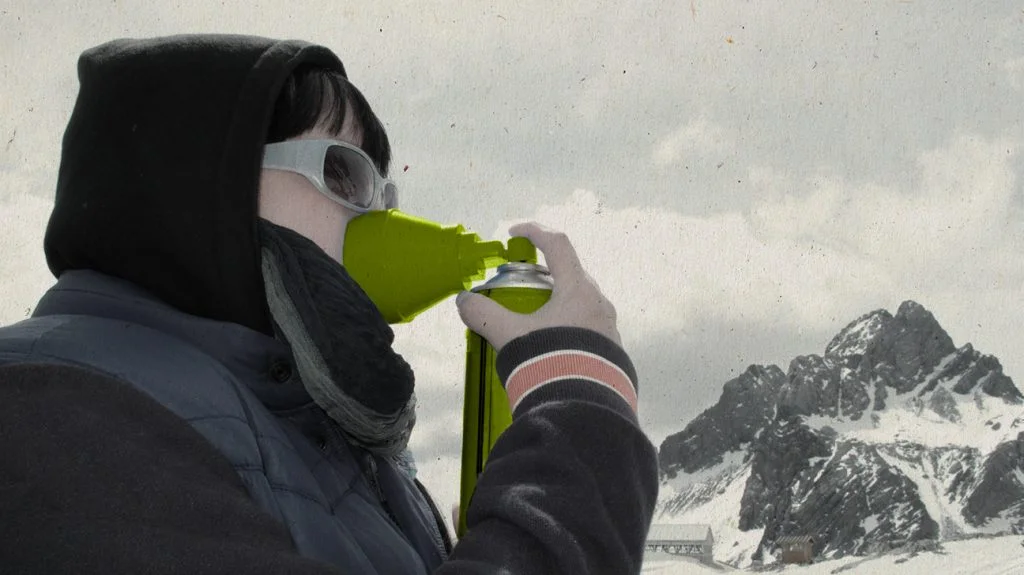Health Challenges in Fonni you may need to know 2024,Italy
Nestled in the rugged mountains of Sardinia, Italy, Fonni presents a unique set of health challenges influenced primarily by its high-altitude environment. As one of the highest towns on the island, Fonni’s elevation significantly impacts the health and well-being of its residents and visitors. Understanding and managing these altitude-related conditions are crucial aspects of healthcare in this picturesque but challenging setting.

Health Challenges in Fonni, Italy
Altitude and Its Effects
Fonni sits approximately 1,000 meters (3,300 feet) above sea level, making it susceptible to the physiological effects of high altitude. At such elevations, the air pressure is lower, resulting in decreased oxygen levels. This atmospheric change can affect individuals differently, leading to various health concerns:
1. Hypoxia: Reduced oxygen levels at high altitudes can cause hypoxia, a condition where the body’s tissues and organs do not receive enough oxygen. Symptoms may include shortness of breath, fatigue, headache, and dizziness.
2. Acute Mountain Sickness (AMS): AMS is a common condition among individuals ascending to high altitudes too quickly. Symptoms typically include headache, nausea, vomiting, insomnia, and loss of appetite. While usually mild, AMS can progress to more severe forms like High Altitude Pulmonary Edema (HAPE) or High Altitude Cerebral Edema (HACE) if not managed promptly.
3. Respiratory Issues: Individuals with pre-existing respiratory conditions, such as asthma or chronic obstructive pulmonary disease (COPD), may experience exacerbated symptoms at high altitudes due to decreased oxygen availability and increased respiratory effort.
Health Management Strategies
Effective management of altitude-related conditions in Fonni involves a multifaceted approach, combining preventive measures, symptom management, and community education:
1. Acclimatization: Gradual exposure to higher altitudes allows the body to adjust to reduced oxygen levels over time. Residents and visitors are encouraged to acclimatize slowly by spending a few days at moderate elevations before ascending to Fonni.
2. Hydration: Adequate hydration helps maintain blood oxygen levels and alleviates symptoms of dehydration, which can exacerbate altitude-related discomfort.
3. Medication: Certain medications, such as acetazolamide, can aid in acclimatization by stimulating breathing and increasing oxygenation. These medications are often prescribed to individuals at risk of developing AMS.
4. Oxygen Therapy: In severe cases of altitude sickness, supplemental oxygen therapy may be administered to alleviate symptoms and improve oxygenation.
Community Awareness and Education
Promoting awareness and understanding of altitude-related health issues is essential for the well-being of Fonni’s residents and visitors:
1. Health Education Campaigns: Local healthcare providers and authorities conduct educational campaigns on recognizing symptoms of altitude sickness, acclimatization techniques, and when to seek medical attention.
2. Emergency Preparedness: Ensuring access to emergency medical services and facilities equipped to manage severe cases of altitude sickness, such as HAPE or HACE, is crucial in a high-altitude setting like Fonni.
Cultural and Environmental Factors
Beyond physiological considerations, Fonni’s altitude influences its cultural practices and lifestyle choices:
1. Traditional Remedies: Local traditions may incorporate herbal remedies and cultural practices believed to alleviate altitude-related symptoms, reflecting a blend of medical knowledge and cultural heritage.
Beyond staying connected, many individuals enjoy the convenience of mobile entertainment. For those interested in playing casino games on their smartphones or tablets, you can explore wolfwinner mobile casino.
2. Outdoor Activities: Fonni’s scenic surroundings attract outdoor enthusiasts, hikers, and adventurers. Educating these individuals on altitude-related risks and preventive measures is vital for safe and enjoyable experiences.
Conclusion
Navigating health challenges posed by altitude is integral to healthcare in Fonni, Italy. By understanding the physiological effects of high elevation and implementing proactive health management strategies, residents and visitors can enjoy the beauty of Fonni’s mountainous landscape while minimizing the risks associated with altitude-related conditions. Through community engagement, education, and access to appropriate medical resources, Fonni strives to promote health and well-being in harmony with its natural environment and cultural heritage, ensuring a resilient approach to healthcare amidst the challenges of high-altitude living.
